News Archive
Research
-
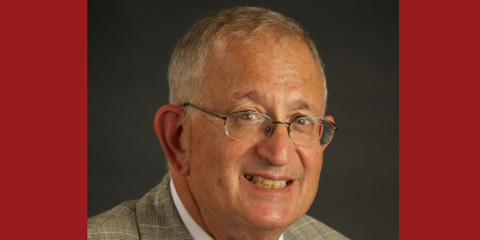
Charles Kaplan, research professor and associate dean of research at the USC School of Social Work, has been recognized by Drug and Alcohol Dependence, one of the top journals in the addictions field, as being among the top 5 percent of the journal’s reviewers.
-
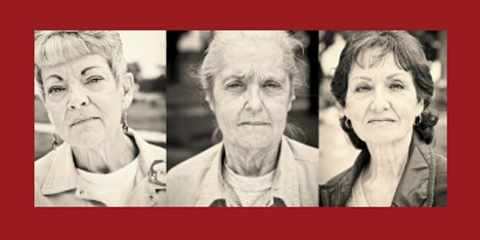
Aileen Hongo calls them ladies.
This small act of politeness may seem like nothing to most people. But as she sits in a folding chair next to these women — these ladies — Hongo recognizes that for many of them, even the most basic courtesies may be all that they will ever know.
-
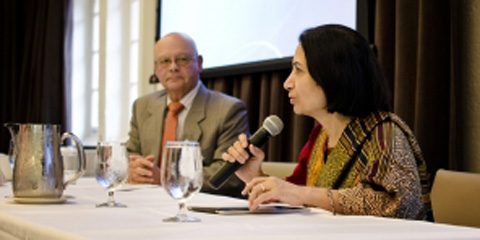
A vigorous debate on the globalization of social work capped off a weeklong gathering of the International Association of Schools of Social Work (IASSW) hosted by the University of Southern California, allowing a diverse group of participants to share their perspectives on the consequences of cultural and scholarly exchange across geographic boundaries.
-
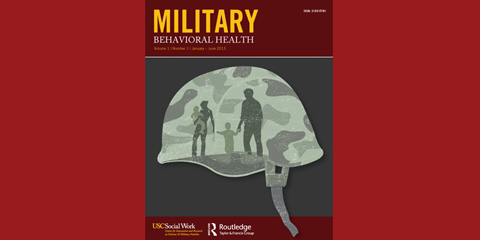
The USC School of Social Work has released the inaugural issue of Military Behavioral Health: An International Journal of Research and Community Study, the first academic journal dedicated to the biopsychosocial health and well-being of servicemembers, veterans and families impacted by military service.
-
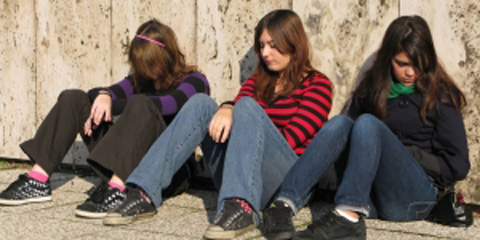
LOS ANGELES—Multiple deployments during the long wars in Iraq and Afghanistan are impacting not only the men and women who have served overseas, but are also causing strain on their adolescent family members at home.
A new study from researchers at the University of Southern California School of Social Work finds a connection between increased drug and alcohol use among middle and high school students and deployments of either a military parent or sibling. The patterns of increased substance use were consistent for lifetime use, as well as in the most recent 30-day period.
-
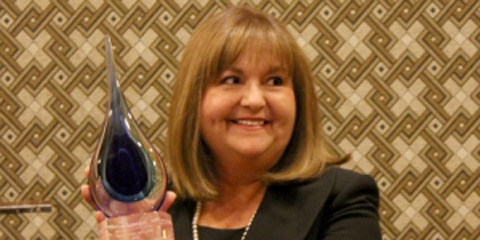
Maria Aranda, an associate professor at the USC School of Social Work and core faculty of the USC Edward R. Roybal Institute on Aging, was presented the California Elder Mental Health and Aging Coalition’s Older Adult Leadership and Advocacy Award at the California Association of Area Agencies on Aging (C4A) Annual Meeting and Allied Conference for her efforts to improve the mental health and well-being of aging Latinos in the state.
“I realize that this type of recognition—although it’s for me the recipient of this year’s award—is really meant for everyone here,” Aranda said.
-
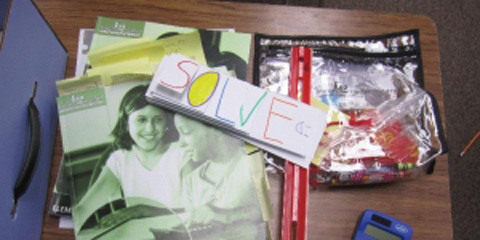
When one child teaches a skill or concept to another child, the experience benefits both of them.
That’s the idea behind Learning Together, a peer-teaching intervention funded by the USC School of Social Work’s Building Capacity in Military-Connected Schools project that is being implemented this year with middle school students at San Onofre School on Marine Corps Base Camp Pendleton.
-
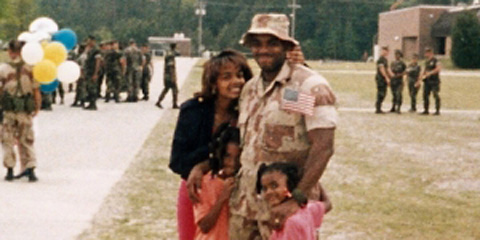
The USC School of Social Work’s Center for Innovation and Research on Veterans and Military Families (CIR) has received a grant from the Newman’s Own Foundation to gather critical data that will help identify where resources are needed most for veterans and their families and how best to serve them.
-

Health care in the United States is undergoing a dramatic transformation.
The re-election of President Barack Obama has solidified the likelihood that his landmark health care reform legislation known to many as Obamacare will endure, with lasting implications for those in the field of social work.
-
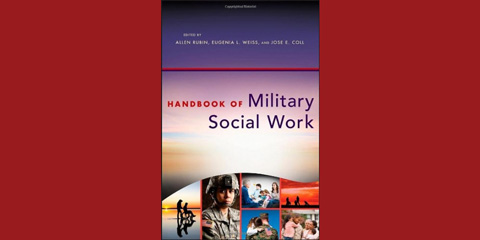
A new textbook co-edited by USC School of Social Work clinical assistant professor Eugenia Weiss and several of her colleagues is among the first to outline how social workers can understand and address the unique challenges faced by military service members, veterans, and their families.